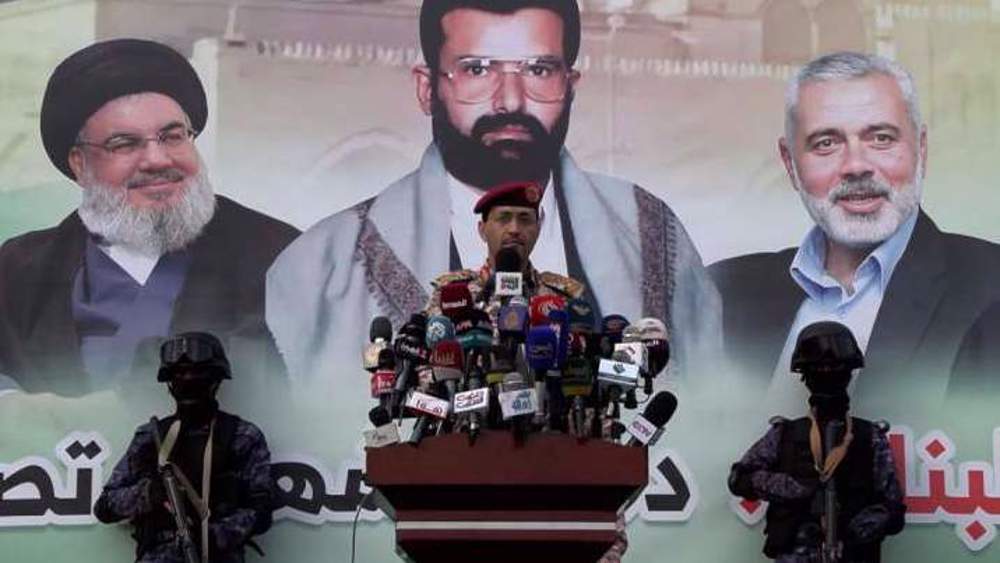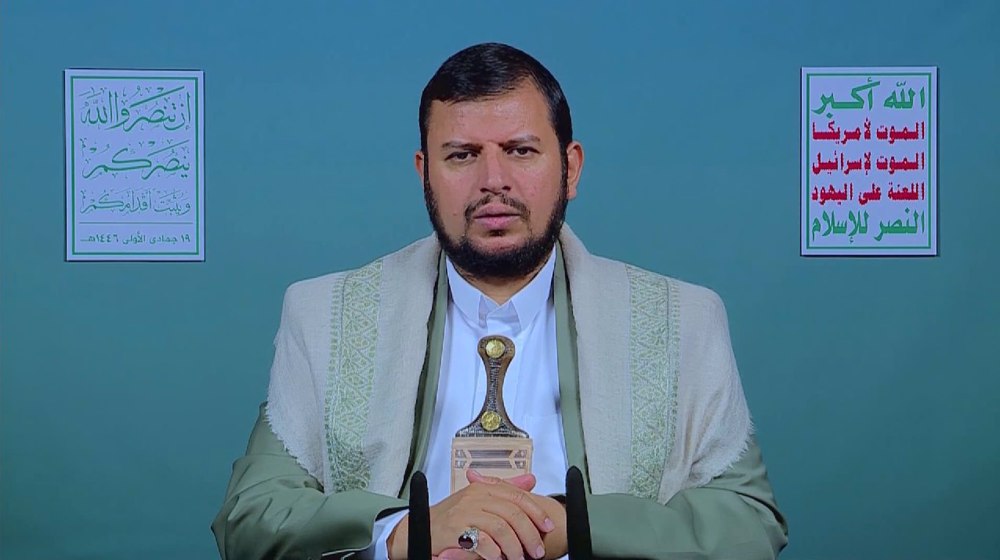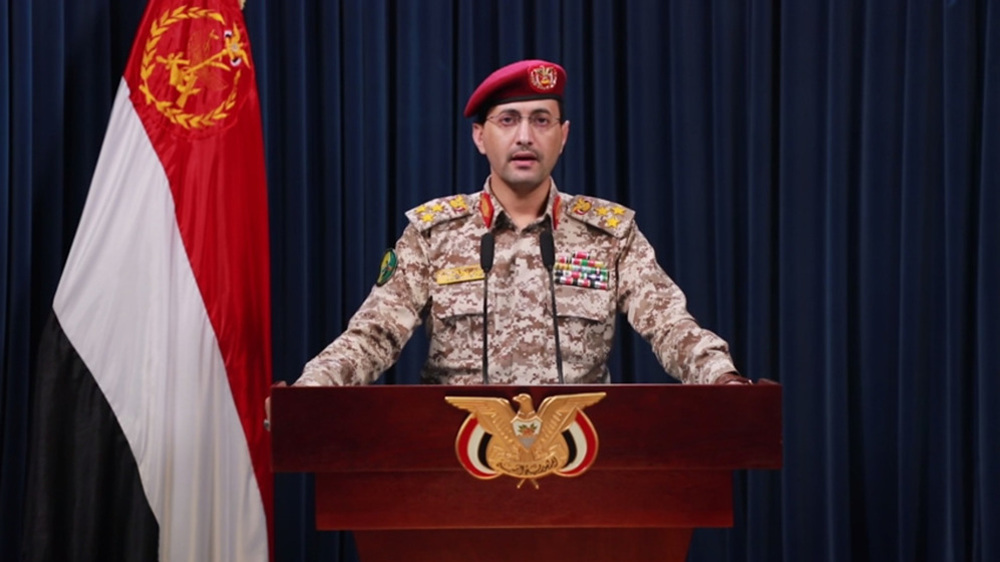Cholera reportedly kills nine in Yemen's Aden
At least nine people have died of cholera in Yemen's southern port city of Aden as the infectious disease continues to spread rapidly across the conflict-stricken Arab country.
Sources close to the government of Abd Rabbuh Mansur Hadi, Yemen's president who has resigned and fled the capital Sana'a, said ten other people had been diagnosed with the potentially fatal disease, which causes acute diarrhea.
The sources said 190 people with severe diarrhea had been admitted to hospitals in Aden.
The United Nations earlier this month announced an outbreak of cholera in Yemen.
On October 7, the World Health Organization (WHO) and UNICEF said cholera cases had been reported in the war-hit country, with some cases recorded by health authorities in Sana’a.
The WHO warned that the scarcity of drinkable water had worsened the hygiene situation in Yemen, fueling a marked increase in cases of severe diarrhea, in particular among people displaced from their homes in the center of the country.
UNICEF said cholera, a disease that is transmitted through contaminated drinking water, could prove fatal in up to 15 percent of untreated cases.
The UN body says nearly three million people in Yemen are in need of immediate food supplies, while 1.5 million children suffer from malnutrition, including 370,000 enduring very severe malnutrition that weakens their immune system.
UNICEF’s representative in Yemen, Julien Harneis, said the epidemic would add to the "misery of millions of children in Yemen."

The outbreak of cholera coincides with the ongoing campaign of the regime in Riyadh against Yemen.
Saudi warplanes have resumed bombardment of more areas across Yemen with the end of a three-day UN-backed ceasefire. The jets have bombed numerous locations in the provinces of Sana’a, Hudaydah, Ta’izz and Hajjah since ceasefire ended late Saturday.
UN Special Envoy for Yemen Ismail Ould Cheikh Ahmed has called for the renewal for another 72 hours of the ceasefire, which was aimed at providing an opportunity to deliver humanitarian aid to civilians.
Since March 2015, when the deadly Saudi campaign began, more than 10,000 people have been killed in Yemen, according to the UN.
The military aggression was meant to crush the Houthi Ansarullah movement and its allies and bring Hadi back to power. Washington has been providing logistic and surveillance support to Saudi Arabia in the bloody campaign.
VIDEO | Hezbollah rains attack drones down on elite Israeli brigade
Leader: All captains of criminal, Zionist, terrorist gang must be prosecuted
Iran further raises its oil prices for Chinese buyers: Report
Iran to launch major pressure-boosting projects in South Pars
VIDEO | Escalation amid ceasefire talks
EU's Borrell says ICC arrest warrants for Israeli leaders binding
VIDEO | Press TV's News Headlines
VIDEO | Massacre in Pakistan’s Parachinar sparks outrage










 This makes it easy to access the Press TV website
This makes it easy to access the Press TV website